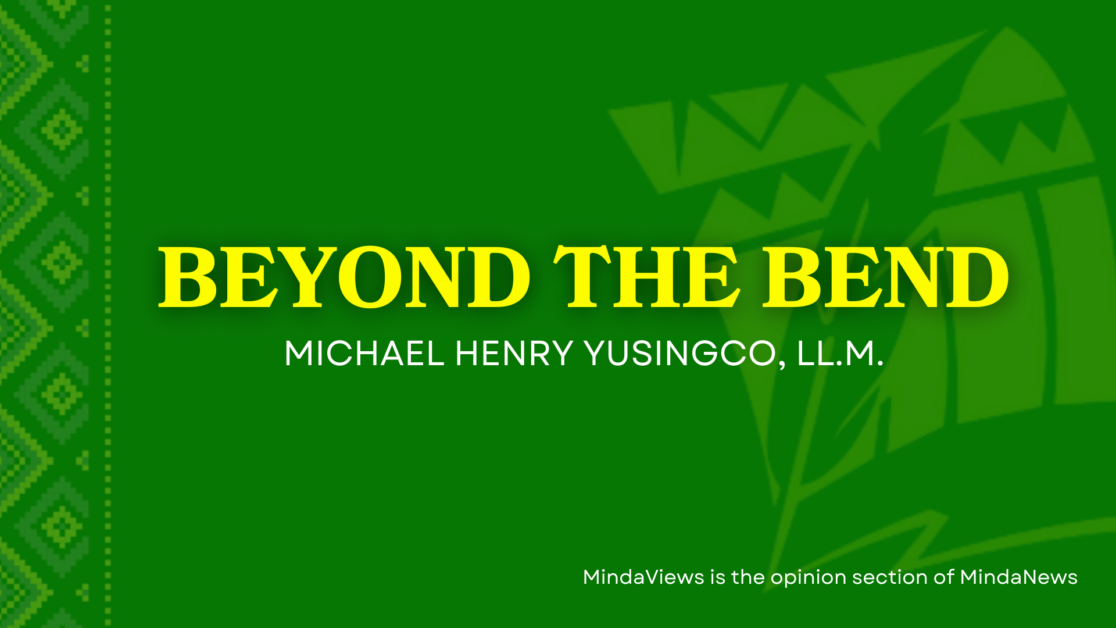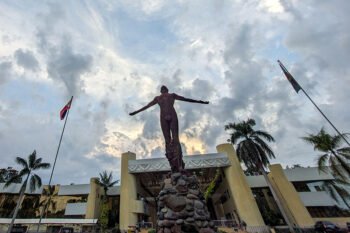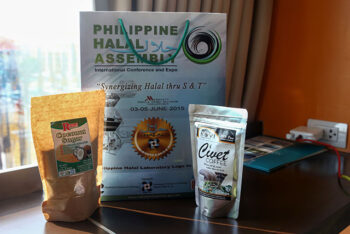
MELBOURNE, Australia (MindaNews / 06 May) – The Editor-in-Chief of The Philippine Times invited me to join him to cover the Filipino community’s reception of President Ferdinand “Bongbong” Marcos Jr. held last March 5 at the Melbourne Town Hall. I was really surprised by the fiesta atmosphere of the affair. Even politics can be “more fun” for us, indeed.
Marcos was received like a wrestling superstar. The energetic host egged on the jubilant crowd as he entered the venue. Cheers of B-B-M! B-B-M! B-B-M! reverberated inside the hall.
Despite such fandom from the Filipino diaspora in Melbourne, Marcos will always be associated with the plunder of our country. As demonstrated by his interview with the Australian public affairs show, 7.30. Whether this is fair or not is actually beside the point. Being the namesake of a dictator is a burden he carries all the time.
Nonetheless, many are glad that the President has resurrected our country’s respectability in the international community. Being the first Filipino President to address the Australian Parliament affirms this in a way. The Lowy Institute even sees him as one of the most influential leaders in Southeast Asia. And he is included in Time Magazine’s 100 Most Influential People of 2024.
The contrasting style of Marcos and former President Rodrigo Duterte warrants a deeper dive on the role and responsibility of the President as our representative in global affairs. We refer to three Supreme Court decisions for guidance. First, in the case of Pimentel vs. Executive Secretary, where the treaty-making power of the President was explained, the Supreme Court ruled:
“In our system of government, the President, being the head of state, is regarded as the sole organ and authority in external relations and is the country’s sole representative with foreign nations. As the chief architect of foreign policy, the President acts as the country’s mouthpiece with respect to international affairs.”
Clearly, our President must possess a strong background in international law and foreign policy. We want the person at the helm of government capable of balancing our national interests and the realities of our times. We certainly do not want to see our country kowtow to more powerful nations. Especially to one which regards the Philippines as an enemy.
The Supreme Court further stated that, “the President is vested with the authority to deal with foreign states and governments, extend or withhold recognition, maintain diplomatic relations, enter into treaties, and otherwise transact the business of foreign relations.”
It is tempting to see this as an authority to enter a “gentleman’s agreement”, but it is not. The foreign relations power of the president does not cover informal or secret deals. Official acts must follow the proper protocols and processes. And only official acts can bind the country to international obligations.
Second, the case of Pangilinan vs. Cayetano, where the Supreme Court set the ground rules on entering and withdrawing from treaties and international agreements, to wit:
“The President, as primary architect of our foreign policy and as head of state, is allowed by the Constitution to make preliminary determinations on what, at any given moment, might urgently be required in order that our foreign policy may manifest our national interest.”
This opinion highlights the responsibility of the Chief Executive to constantly be prepared to act on pertinent international issues. But it also confirms the primacy of the national interest in the exercise of the President’s duty to formulate foreign policy. This authority granted by the constitution certainly does not sanction an unlawful act of the President, even if the same is done under the guise of foreign policy or international relations.
Third, the case of Saguisag vs. Ochoa, where the Supreme Court thoroughly discussed the history and constitutionality of the Enhanced Defense Cooperation Agreement between the Republic of the Philippines and the United States of America, to wit:
“The role of the President in foreign affairs is qualified by the Constitution in that the Chief Executive must give paramount importance to the sovereignty of the nation, the integrity of its territory, its interest, and the right of the sovereign Filipino people to self-determination.”
There should never be any doubt that the President is constrained by the 1987 Constitution. Executive power, though arguably imperial in depth and scope, can never justify an immoral, unethical, or illegal act. We can be enamored by the “strongman” qualities of an incumbent in Malacañang, but no one, not even the Chief Executive, can run roughshod over our constitution.
The lesson for civil society here is that we must make sure presidential aspirants show a high level of statesmanship. We must not allow the electorate to repeat the mistake of electing a President who has no shame in conceding part of our national territory to an invader nation.
(MindaViews is the opinion section of MindaNews. Michael Henry Yusingco, LL.M is a law lecturer, policy analyst and constitutionalist.)







